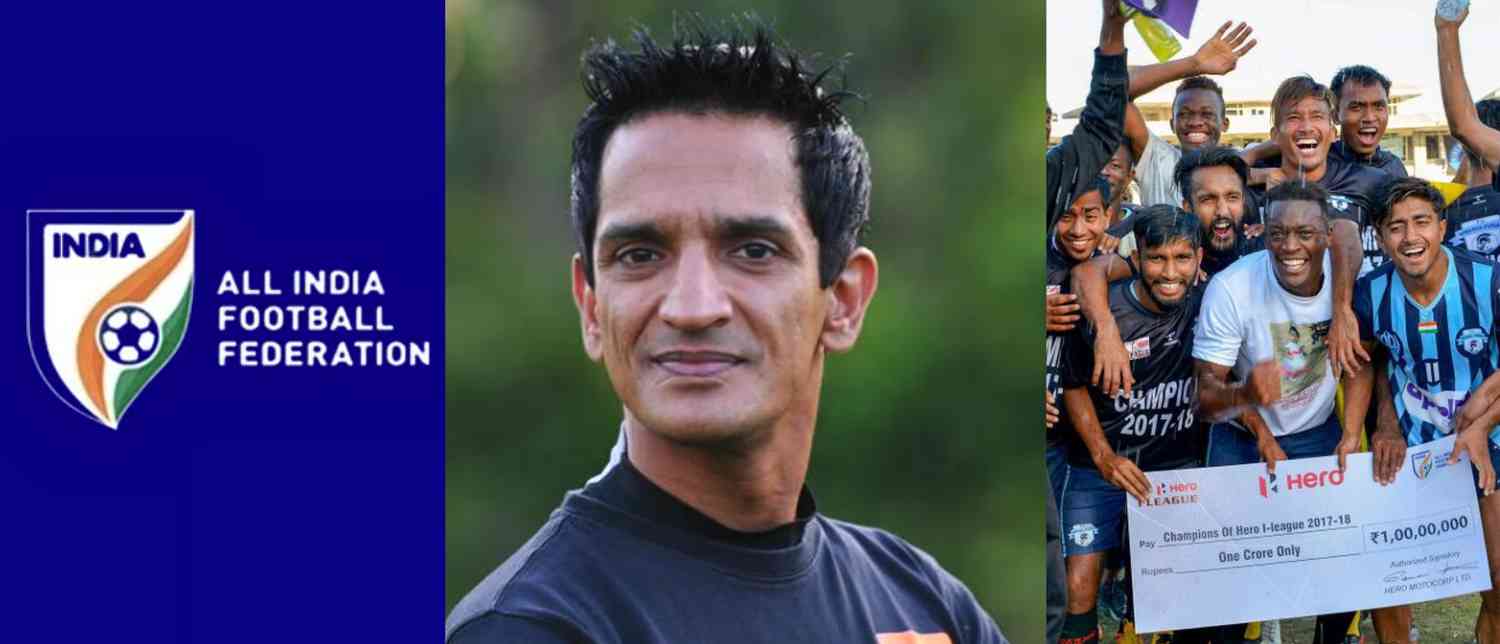Ranjit Bajaj’s name is now etched deeply in the heart of Indian football, especially in the context of youth and grassroots development. As the founder of Minerva Football Academy, he is far more than just a club owner or coach—he is known as a passionate visionary, a tireless reformer, and in the eyes of many, a last hope for the sport's future in the country. His journey is not only remarkable for the results he achieved with his junior teams, but also for his fearless crusade against football's establishment, standing almost alone against powerful authorities and exposing harsh realities within the All India Football Federation (AIFF).
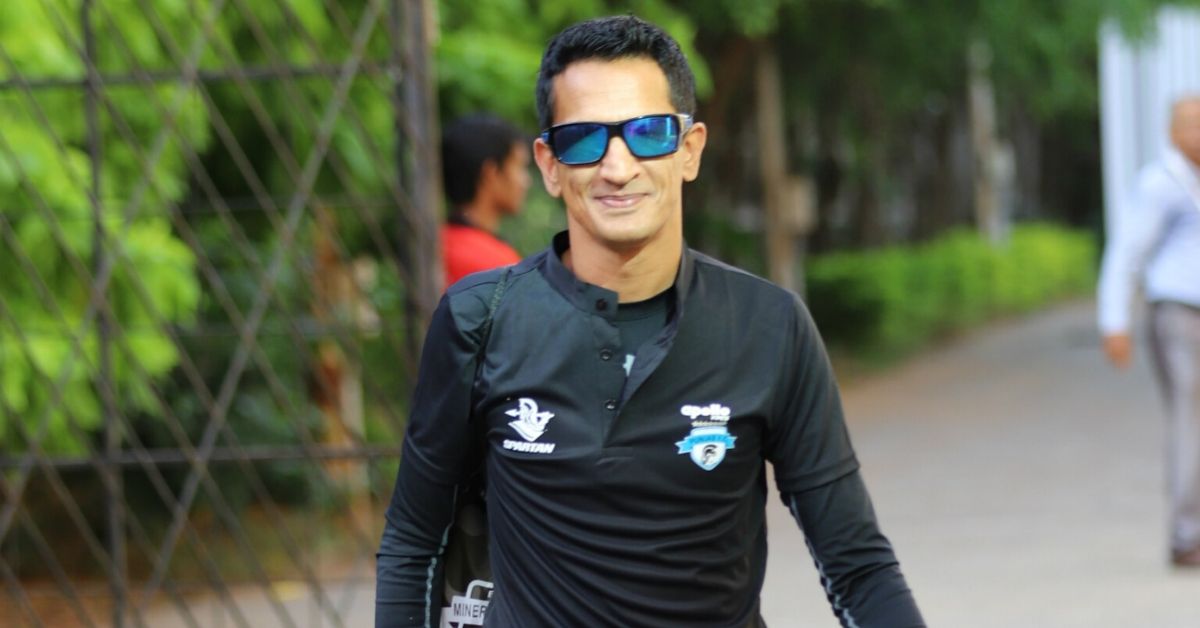
The Birth of Minerva Football Academy
Ranjit Bajaj’s mission began with a simple, but revolutionary belief: Indian football could only reach its true potential if the country invested in nourishing young talent from the grassroots. In 2013, Bajaj established Minerva Academy with little more than a big dream, a small budget, and a commitment to do things differently. Unlike many clubs that focused on signing established players, Bajaj’s Minerva zeroed in on scouting and training children from across India—places untouched by the professional circuit.
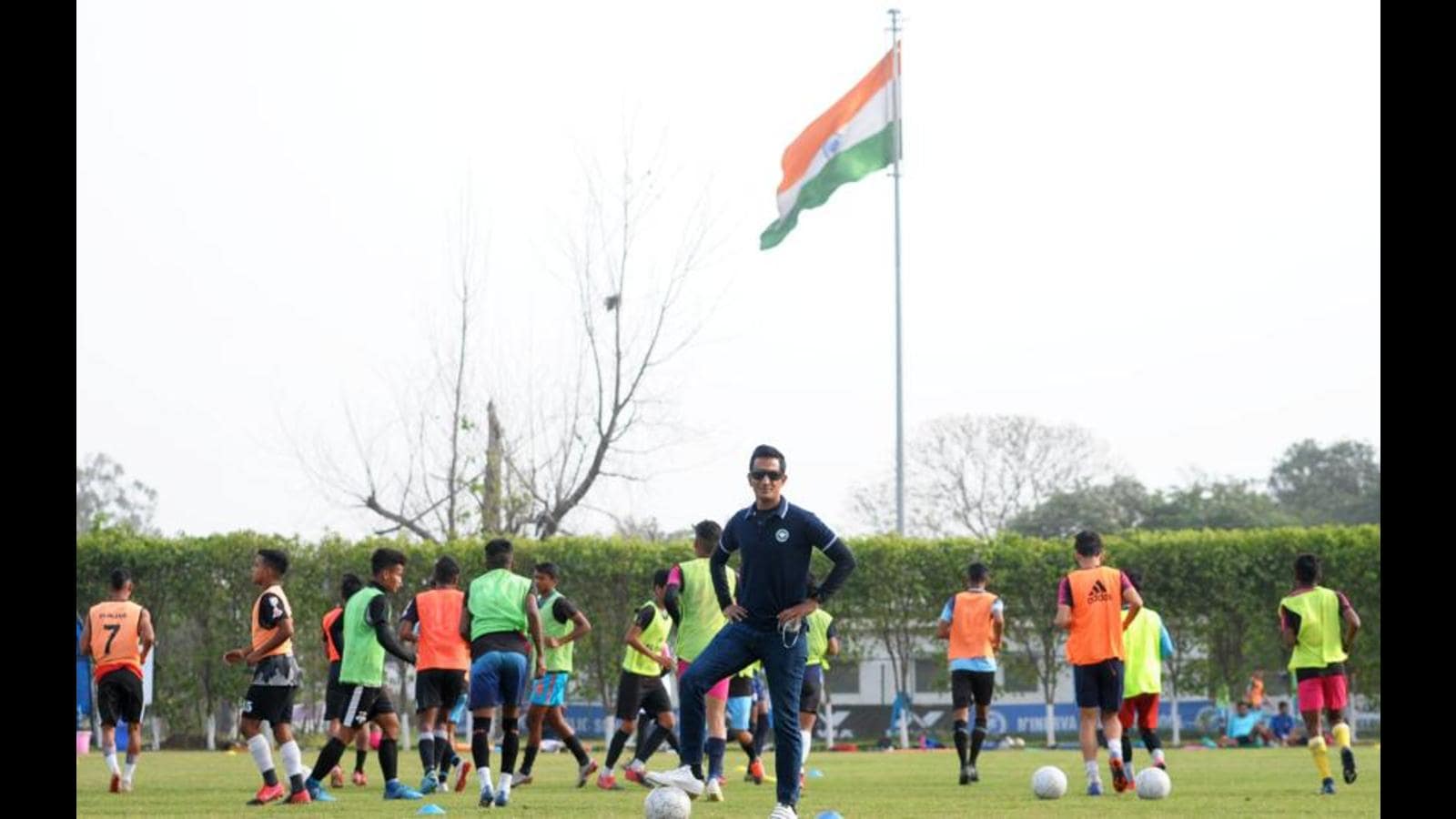 \
\
He would travel thousands of kilometers to spot a talented boy in a remote village, give him a scholarship, and bring him to Minerva's campus in Chandigarh. Here, boys received not only football training, but holistic development including academics, housing, and nutrition. Bajaj’s philosophy was simple: only when footballers are molded from a young age, with care and education, can they succeed at higher levels.
A Meteoric Rise: Results That Shocked the Nation
Within just a few years, Minerva Academy became an unstoppable force in Indian youth football. The club’s junior teams started to dominate every national age-group tournament. Their silverware collection quickly encompassed the U13, U15, and U18 national titles, and, remarkably, Minerva even won the senior I-League title in 2017-18—a feat no one had predicted for such a young club. Over five years, Minerva produced more than 75 players who represented India at various age group levels, an astounding result for a private club in a cricket-crazy nation.
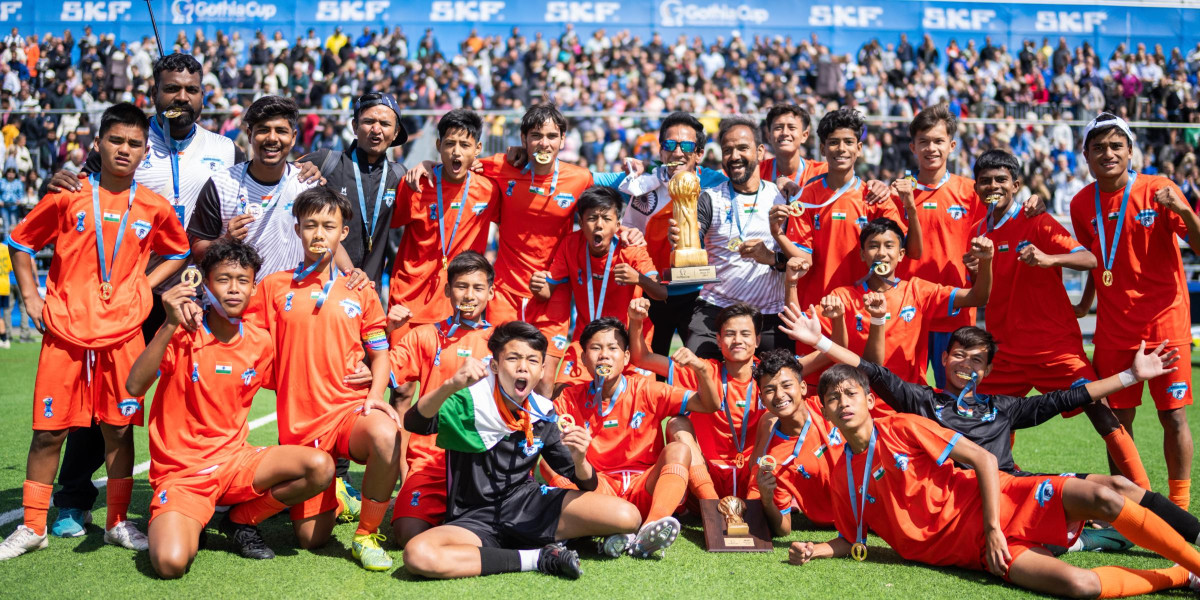
Minerva’s success did not just shine at home. Their young squads made headlines by winning the Gothia Cup in Sweden and the Norway Cup—two of the most prestigious international youth tournaments. These wins proved Indian boys, if given the right platform, could compete and win on the global stage. What made this even more noteworthy was that many of Minerva’s best players came from humble beginnings, proving Bajaj’s model could give hope to every talented child, regardless of background.
Bajaj’s Battle Against the System
These remarkable results brought Ranjit Bajaj fame, but they also put him on a collision course with Indian football’s ruling powers. As Minerva grew, Bajaj became increasingly vocal about the issues plaguing the sport. He alleged that the AIFF, the game’s governing body in India, was riddled with favoritism, politics, and a lack of transparency. Decisions, he claimed, were often made to benefit a select few, rather than the nation’s footballing fortunes.
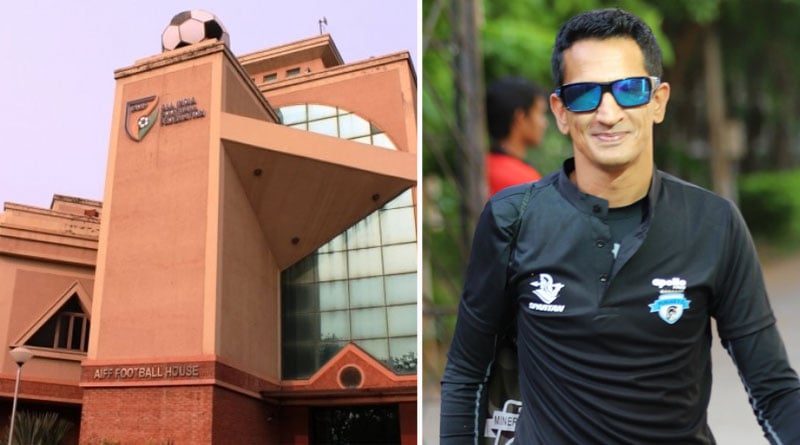
Bajaj did not stay quiet. He began using social media, press conferences, and interviews to highlight problems in how the game was being managed. He spoke out about poor refereeing, questionable selections for national camps, outdated infrastructure policies, and even discriminatory treatment meted out to clubs like Minerva that did not toe the official line. His words resonated with thousands of fans, players, and even some officials who believed football needed reform.
The Price of Dissent
Standing up to a powerful system has been anything but easy. While the footballing community celebrated Bajaj as a hero, he faced severe backlash from the establishment. Authorities sometimes punished Minerva—players were overlooked for selections, the club faced administrative hurdles, and, according to Bajaj, the institution was often sidelined or ignored during important decisions. Bajaj received legal notices, public criticism, and personal attacks, but he refused to back down.
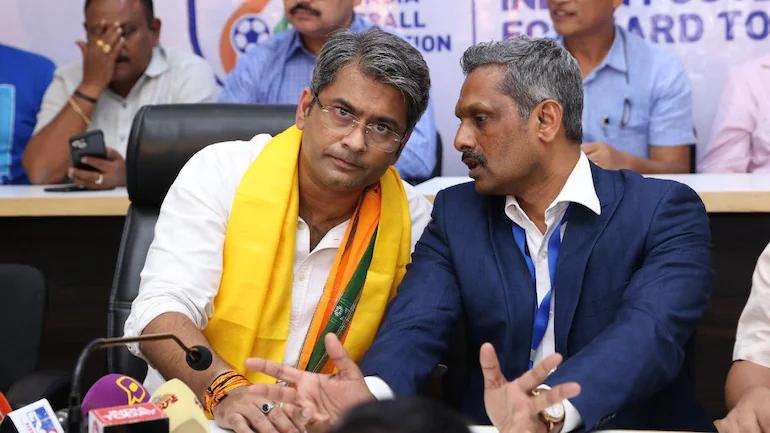
What sets Bajaj apart isn’t just his willingness to criticize; it’s his insistence on offering solutions. He tirelessly advocates for more open trials, better pay for youth coaches, greater transparency in tournaments, and the regularization of state-level competitions. He refuses to let controversies stall his main mission—nurturing talent and pushing the boundaries for his players.
Is Bajaj Indian Football’s Saviour?
For Indian football fans, Bajaj stands out as someone who does not accept mediocrity. His club’s on-field results speak for themselves: titles at youth and senior levels, players in the national squads, victories on foreign fields. But perhaps his greatest achievement is the hope he has inspired in young players and their families. Boys from the smallest corners of India—who once had no access to professional football—suddenly found a route to the national team through Minerva.
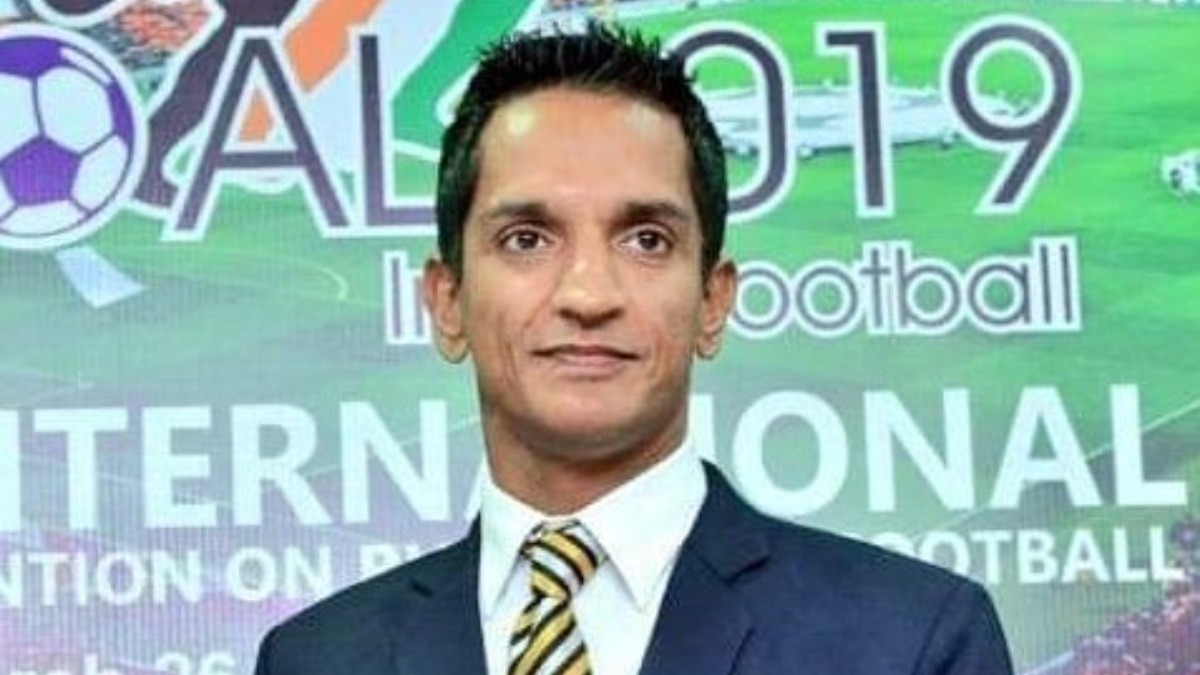
Bajaj’s critics say he is too confrontational, and some accuse him of seeking publicity. But his supporters argue that disruption is precisely what Indian football needs. Without voices like Bajaj’s, they say, the vested interests would continue to dominate, and young talent would go unnoticed.
The Future: Can One Man Change a System?
While it may seem dramatic to call Bajaj the “saviour” of Indian football, his impact is undeniable. The extraordinary production line at Minerva has shown what is possible when youth development is prioritized and run outside of politics. Bajaj’s ability to consistently produce national-level players suggests that his model—scout deep, nurture holistically, and give international exposure—should be replicated nationwide.
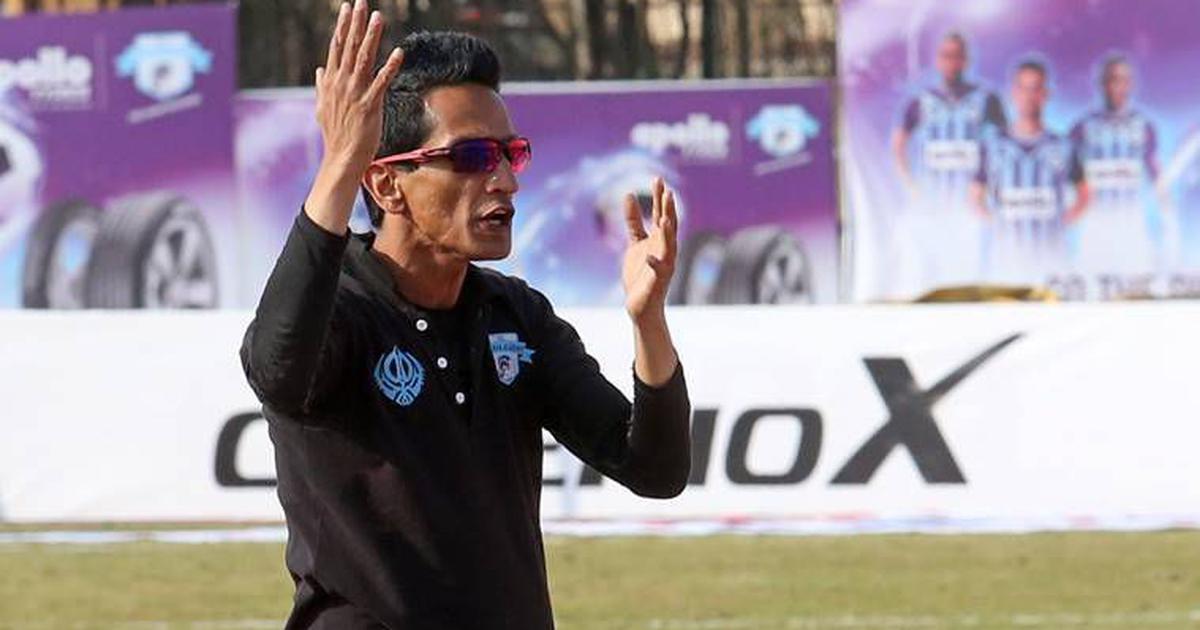
But the bigger question remains: can one man change the course of a whole system? Bajaj himself believes it will take more than just him. He calls for other clubs, ex-players, fans, and young coaches to join his movement. He continues to push for more democratic governance within the AIFF, greater investments in grassroots football, and the end of opaque, closed-door decision making at the highest levels.
Legacy and Inspiration
Whatever the future holds, Ranjit Bajaj’s legacy is already secure. He has cracked the code for producing top-level footballers in India, proved that international success is possible, and forced authorities to confront uncomfortable truths. Even as he continues to face challenges, he inspires a new generation to believe that change is possible.
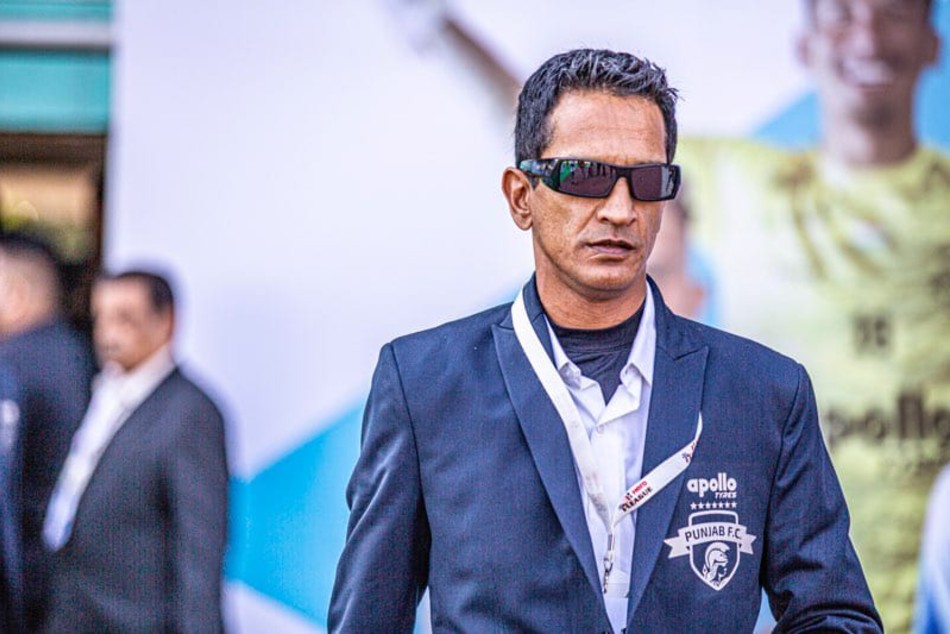
Ranjit Bajaj is not just a football manager or outspoken critic—he is a symbol of hope. He has reignited dreams for countless children, demanded honesty and accountability from those in power, and above all, refused to give up when faced with resistance. Whether or not he alone becomes the “saviour” of Indian football, he has already shown that a single determined individual can bend the arc of history.
In simple words, Ranjit Bajaj’s story is a reminder that courage, vision, and relentless hard work can illuminate even the darkest corners. To many, he is the last hope and perhaps the future of Indian football.
With inputs from agencies
Image Source: Multiple agencies
© Copyright 2025. All Rights Reserved. Powered by Vygr Media.

